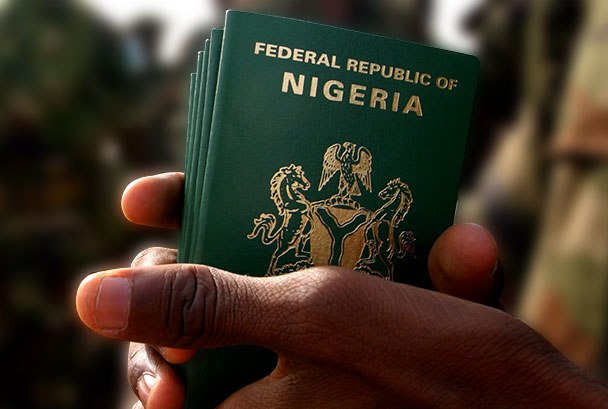Passport Issuance Rises By 38%, More Nigerians Relocate
The number of passports issued by the Nigeria Immigration Service rose by 38 per cent between 2020 and 2021.
This is an increase from 767,164 to 1,059,607 passports issued in 2020 and 2021 respectively.
According to data obtained from the NIS, the passport types ranged from standard, official, diplomatic, emergency travel certificates and refugee passports or conventional travel documents.
A breakdown of that number revealed that out of the total passports issued in 2020, 761,825 were standard; 2,024 were official; 444 were diplomatic, and 2,871 were ETCs.
In 2021, the NIS issued 1,041,537 standard passports, 2,811 official passports, 895 diplomatic passports, 14,214 ETCs and 150 refugee passports.
That’s about 2,081 and 2,853 passports issued every 24 hours in 2020 and 2021 respectively.
For the period under review, the United Kingdom immigration report showed that 13,609 Nigerian healthcare workers were granted working visas. This is second only to India with 42,966 practitioners.
According to the Nigeria Social Cohesion Survey 2021 taken by the African Polling Institute, seven out of 10 Nigerians were eager to leave their country if offered the opportunity.
Also, a World Bank survey taken that year revealed that 56,000 more Nigerians were leaving the country yearly than arriving.
Further checks showed that over 19,000 skilled work and study UK visas were issued to Nigerians in 2019. In 2021, however, that number rose by 210 per cent, 59,000.
More so, 12,595 Nigerians emigrated to Canada in 2019 alone, according to data obtained from the Immigration, Refugees and Citizenship Canada. That year, the NIS dished out 1,198,274 passports, which was daily average of 3,282 passports.
Closer observation of Nigerians fleeing the country revealed a rich mix of professionals such as academics, medical doctors, nurses and technology experts who are reportedly resigning from their roles in many local banks and leveraging the UK’s skilled work visas or its equivalent in other countries of their choice.
More citizens are also leaving the country through the study route, obtaining study visas mostly in the UK, Canada and the United States.





